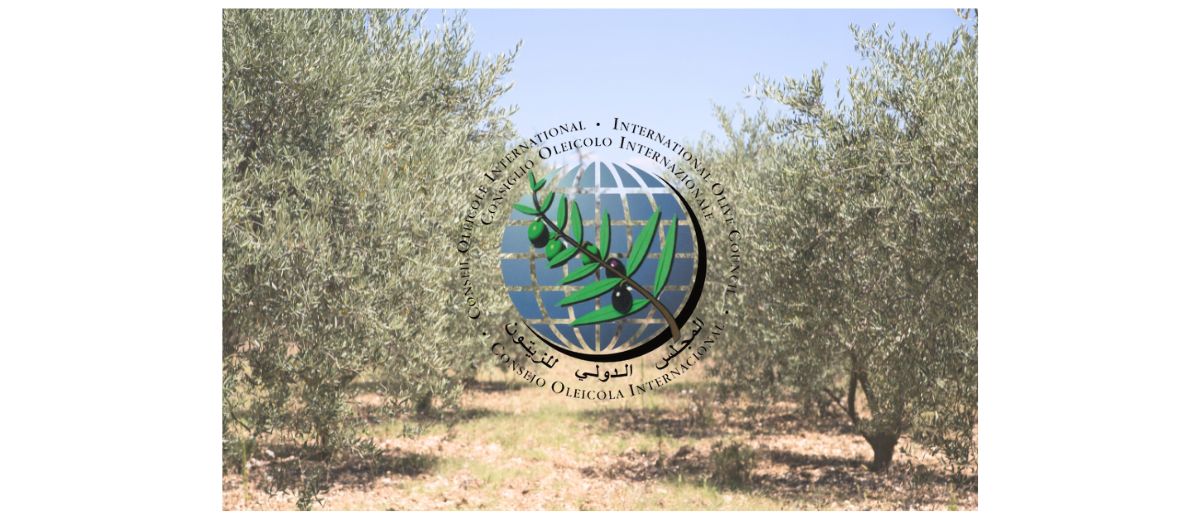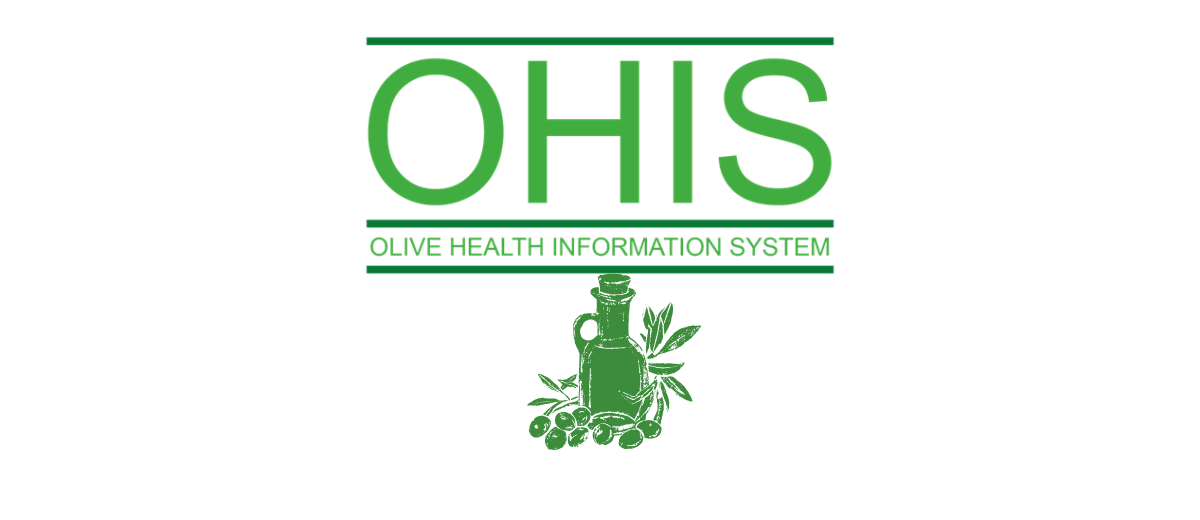This week on the Olive Health Information System website
The newsletter of the University of Navarra and the IOC dedicated to health
To date, numerous studies have explored the remarkable health benefits of the Mediterranean diet (MedDiet), which prominently features olive oil.
A recent study explored the relationship between extra virgin olive oil (EVOO) consumption and the reduced risk of death in a group of Italian adults following the MedDiet. Over the course of 17 years, researchers tracked the dietary habits and health outcomes of participants. They divided the participants into three groups based on their EVOO intake: less than 30 grams per day, 30-50 grams per day, and more than 50 grams per day.
The results showed that moderate to high EVOO consumption significantly lowered the risk of death from any cause, especially cancer. For example, those who consumed 30-50 grams of EVOO daily had a 24% lower risk of all-cause mortality, and those who consumed more than 50 grams had a 20% lower risk. The most striking reduction was observed in gastrointestinal cancer mortality, with a 60% lower risk in the highest EVOO consumption group. Other types of cancer also saw a 50% reduction in mortality for those in the highest consumption group.
These findings highlight the strong protective effects of EVOO, especially against cancer, making it an essential part of a health-oriented MedDiet.
Moreover, the MedDiet has been proved to be beneficial for many other diseases, including chronic pancreatitis (CP). Researchers investigated whether adherence to the MedDiet could reduce the risk of CP, a condition that has not been extensively studied in relation to diet. Using data from 190,790 participants in the UK Biobank who were free of CP at baseline, researchers assessed participants’ diets and their adherence to the MedDiet. Participants’ adherence to the MedDiet was assessed using the Mediterranean Diet Adherence Screener (MEDAS). During an average follow-up of nearly 11 years, 214 cases of CP were identified. Those with the highest MedDiet adherence had a 43% lower risk of developing CP compared with those with the lowest adherence. Interestingly, metabolic status explained only a small portion (4.74%) of this protective effect, and inflammation (as measured by C-reactive protein) was not a significant mediator. These results suggest the potential of the MedDiet to help prevent CP, further reinforcing its benefits for long-term health.
Other articles mentioned this week in the OHIS newsletter:
Olive Oil
Cognitive and mental health
Cardiometabolic health
Cancer
Oral health
Mediterranean Diet and Oral Health: Is There an Association? A Scoping Review.
Lifestyle, caries, and apical periodontitis: Results from a university-based cross-sectional study.
Other topics
Health Benefits of Olive Leaf: The Focus on Efficacy of Antiglycation Mechanisms.










